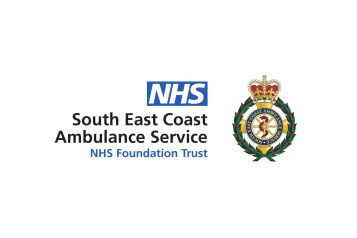Automated texting keeping patients safe and saving time

The introduction of new system which sends out automated text messages to some 999 callers is helping South East Coast Ambulance Service (SECAmb) reach more patients in a timely manner and ensuring clinicians and call handler time is prioritised for the most seriously ill and injured patients.
Welfare texts have previously been sent manually using the Trust’s Computer Aided Dispatch (CAD) system but from 17 July 2024, the CAD has been able to send the texts automatically to mobile numbers for Category 2-5 calls at regular intervals to provide guidance to callers awaiting a response.
The automated text system also has a function for a caller to cancel an ambulance response or call back from the service without having to call back on 999, keeping lines clearer for seriously ill or injured patients.
The move, which significantly reduces the pressure on SECAmb’s Emergency Operations Centre call handlers and clinicians, stems from a Quality Improvement (QI) project initiated in January 2023 aimed at reducing harm to patients awaiting a call back.
SECAmb’s QI team, working in conjunction with operational and clinical colleagues, led the project which also involved discussions with patients on changes they would like to see in how the Trust communicates with them.
Previously, over a 12-month period, more than 43,000 welfare checks were made, each taking up to two minutes, and totalling close to 1,500 hours. However, a deep dive identified some 85% resulted in no change of outcome for patients.
One week after the automated text messaging was launched, SECAmb had sent more than 9,000 automated welfare texts and saved more than 300 hours in welfare calling, more than 22 hours in call handling and more than 15 hours in closing duplicate calls. It also received more than 450 cancellations requests from patients.
Other improvements introduced as part of the project include the ability to send interim care/worsening advice by text, which reduces the average call handling time and the ability to provide information for patients to refer to after their call.


